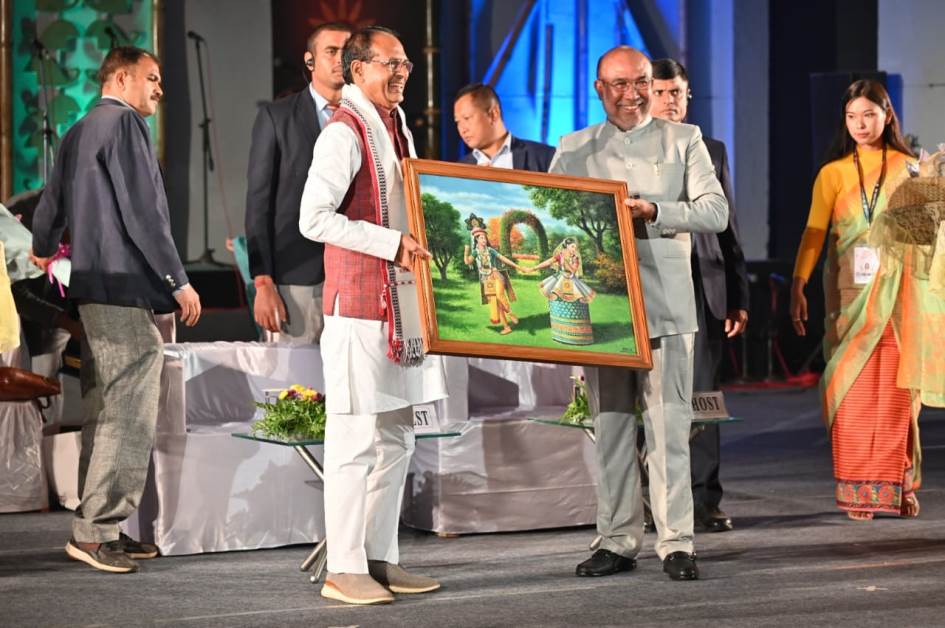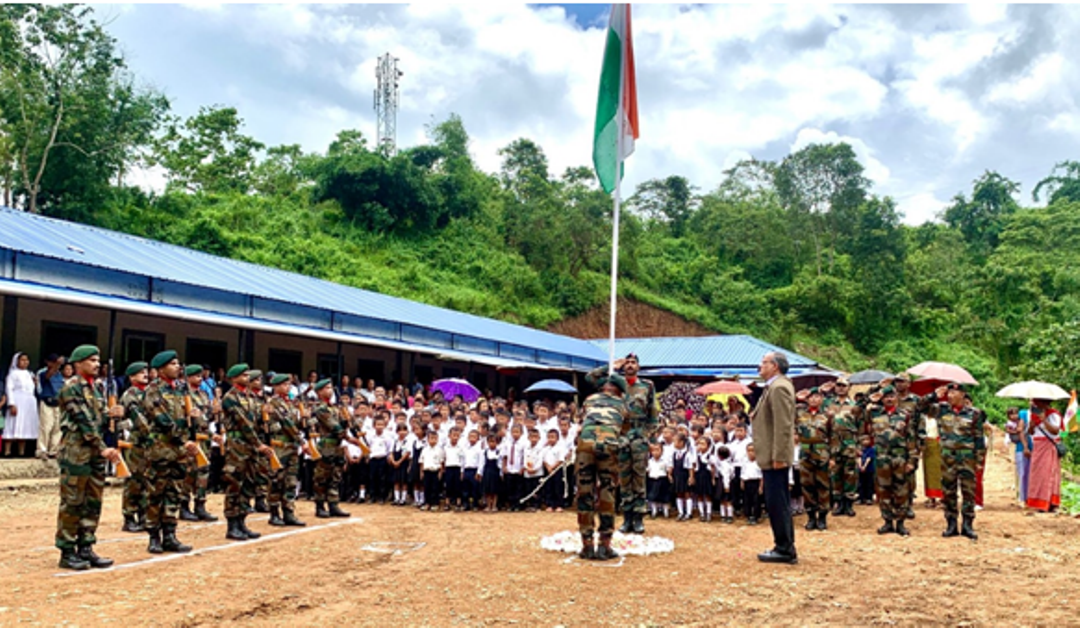Manipur shares a 398-km stretch with Myanmar, and the Centre has already fenced a 10-km portion along the Moreh sector in Tengnoupal district
 KRC TIMES Manipur Bureau
KRC TIMES Manipur Bureau
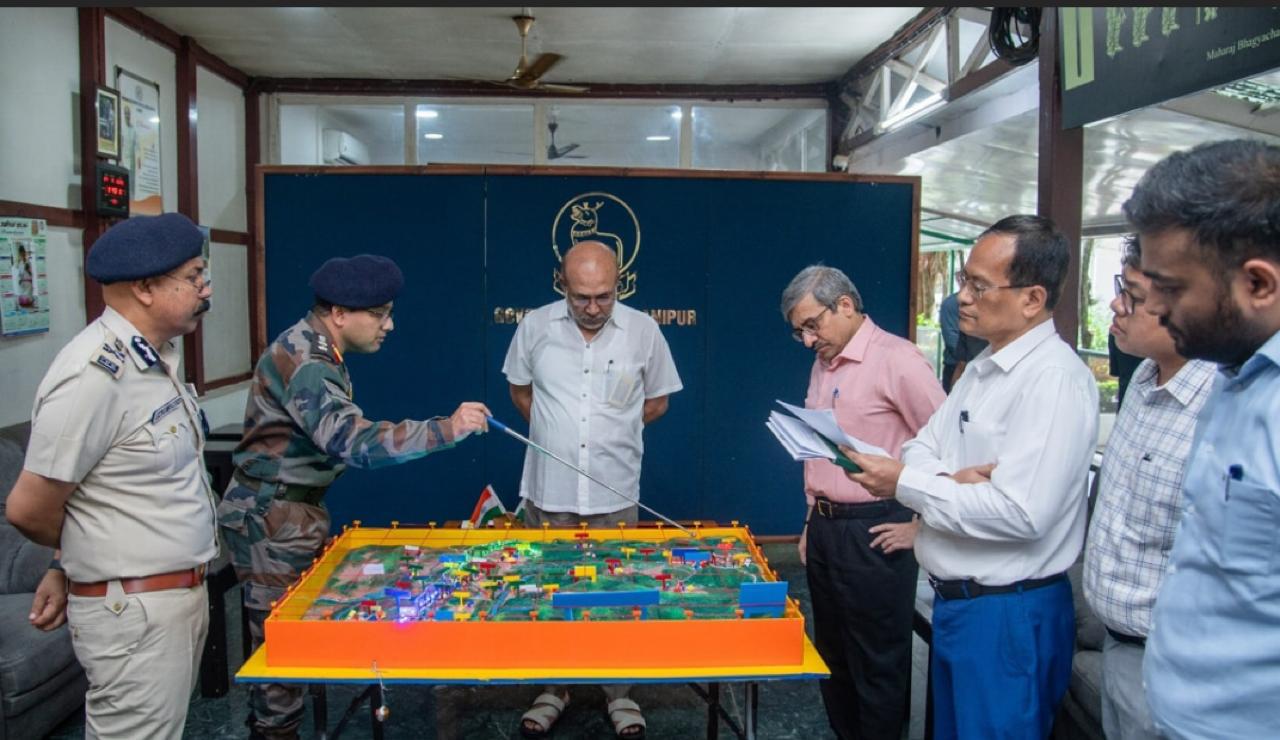
Waari Singbul Network | 06 February 2024
Union Home Minister Amit Shah revealed on Tuesday that the Centre has made the decision to construct a fence spanning the entire 1643-km stretch of the India-Myanmar border. This initiative includes the establishment of a patrol track to enhance surveillance, addressing concerns arising from the persistent conflict between Kuki-Chin-Zo tribes in the hills of Manipur and the majority Meities in the valley districts.
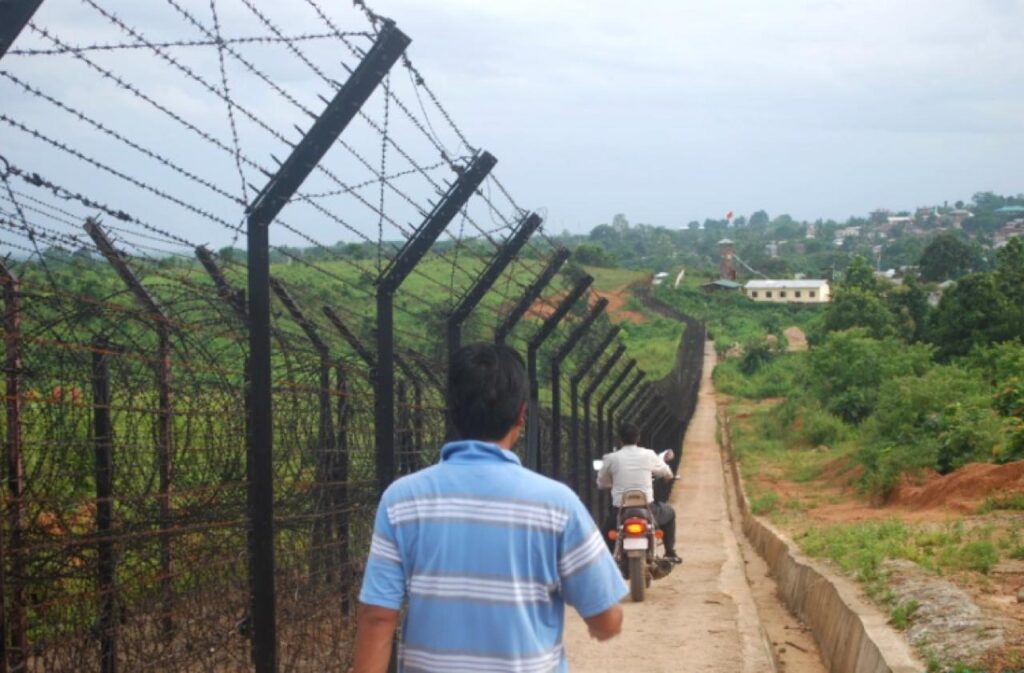
Shah, taking to ‘X,’ emphasized the Modi government’s commitment to building impenetrable borders. He stated, “To facilitate better surveillance, a patrol track along the border will also be paved.”
Of the total border length, Manipur shares a 398-km stretch with Myanmar, and the Centre has already fenced a 10-km portion along the Moreh sector in Tengnoupal district.
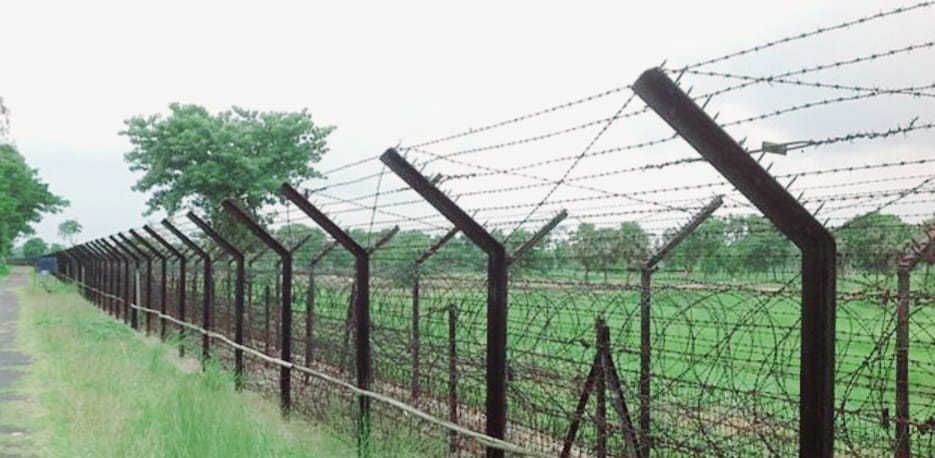
Shah highlighted that two pilot projects involving fencing through a Hybrid Surveillance System (HSS) are currently underway. One-kilometer stretches in Arunachal Pradesh and Manipur are included in these projects.
“In addition to the already fenced 10 km in Moreh, Manipur, fence works covering approximately 20 km in Manipur have also been approved, and the work will start soon,” Shah further stated.
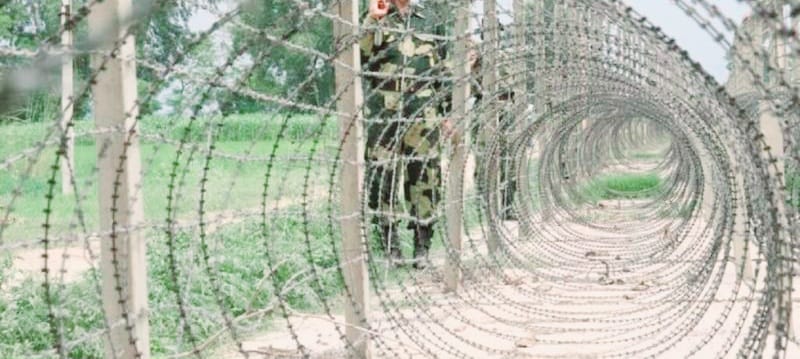
The announcement follows Chief Minister N Biren Singh’s recent meeting with Shah in New Delhi, during which Singh mentioned that crucial decisions were imminent for the welfare of the people of Manipur.
The Manipur government has consistently advocated for fencing the entire international border with Myanmar to curb illegal immigration, narcotics trafficking, and cross-border terrorism. These issues escalated, particularly after the political unrest in Myanmar following the junta coup.
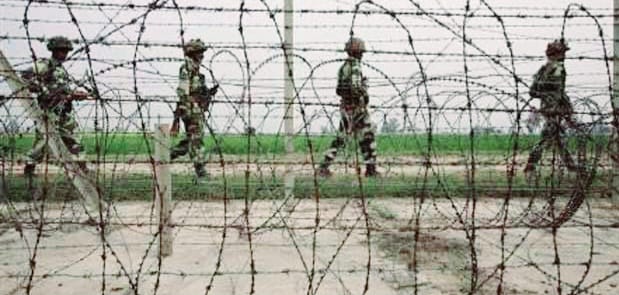
Notably, Manipur has called for the scrapping of the free movement regime (FMR), allowing citizens on both sides of the border to travel 16 km into the other country without travel documents. FMR has been identified as a contributing factor to illegal immigration, enabling individuals to cross over and acquire Indian citizenship through fraudulent means, availing benefits designated for scheduled tribes under the Indian constitution.
Promotional | NE India Writing Star Contest



